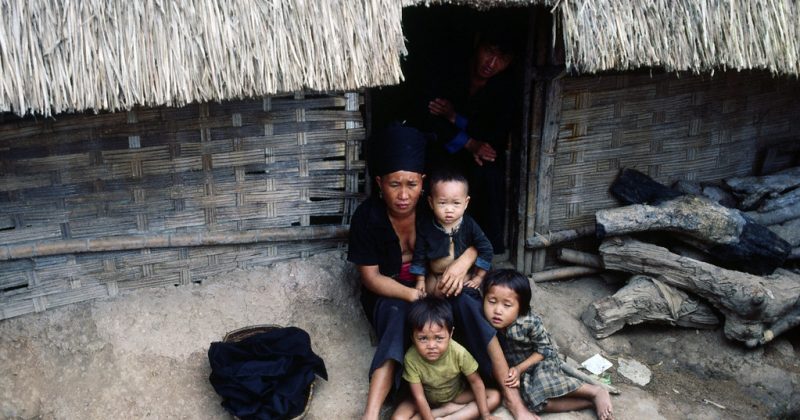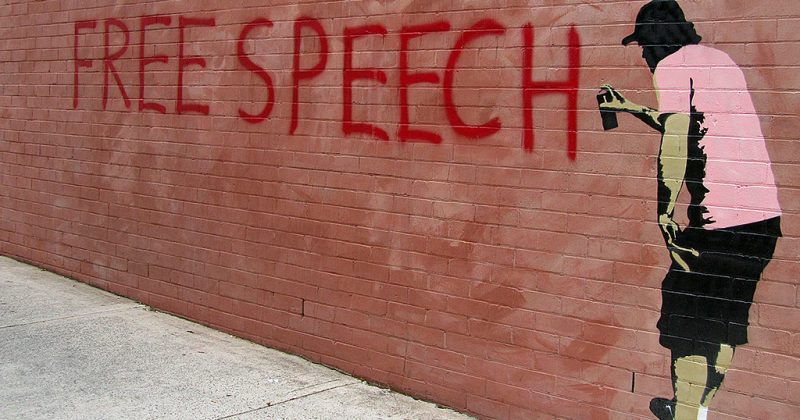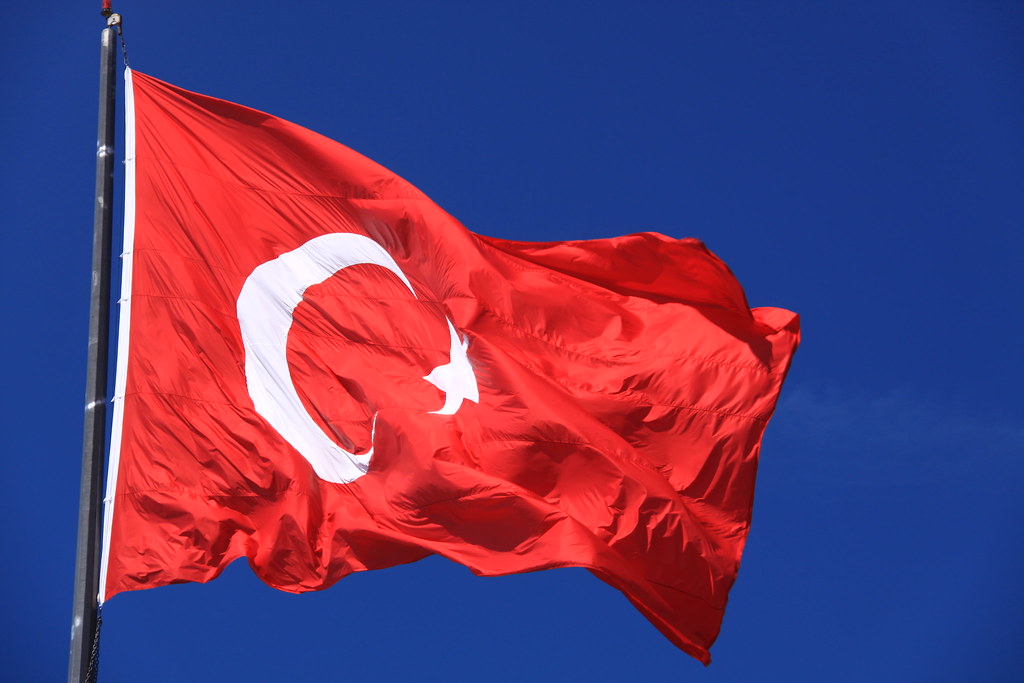
Why the UNHCR Needs to Bring a Policy Change to Help Displaced Afghans
By Guest Writer Mohammad Zayaan
On September 15, 2021, after a hostile takeover, the Taliban took control of Afghanistan, leading to one of the worst humanitarian crises the world has witnessed. Thousands of Afghans were displaced from the country and forced to move to different parts of the world to avoid persecution. As a result, some countries developed specific policies, after this unprecedented increase in the refugee influx, some guaranteeing safe haven while others are refusing to accept them.
This article discusses a specific policy change that the UNHCR could bring to help people from Afghanistan who had migrated before September and whose application for refugee status had been rejected by the UNHCR. Apart from a country’s own refugee policy, the UNHCR has a separate mechanism called Refugee Status Determination (RSD) to identify and recognize refugees. This mechanism is based on the Refugee Convention, 1951, the Protocol Related To The Status Of Refugees(1967), and the principle of non-refoulement. It is also used...




